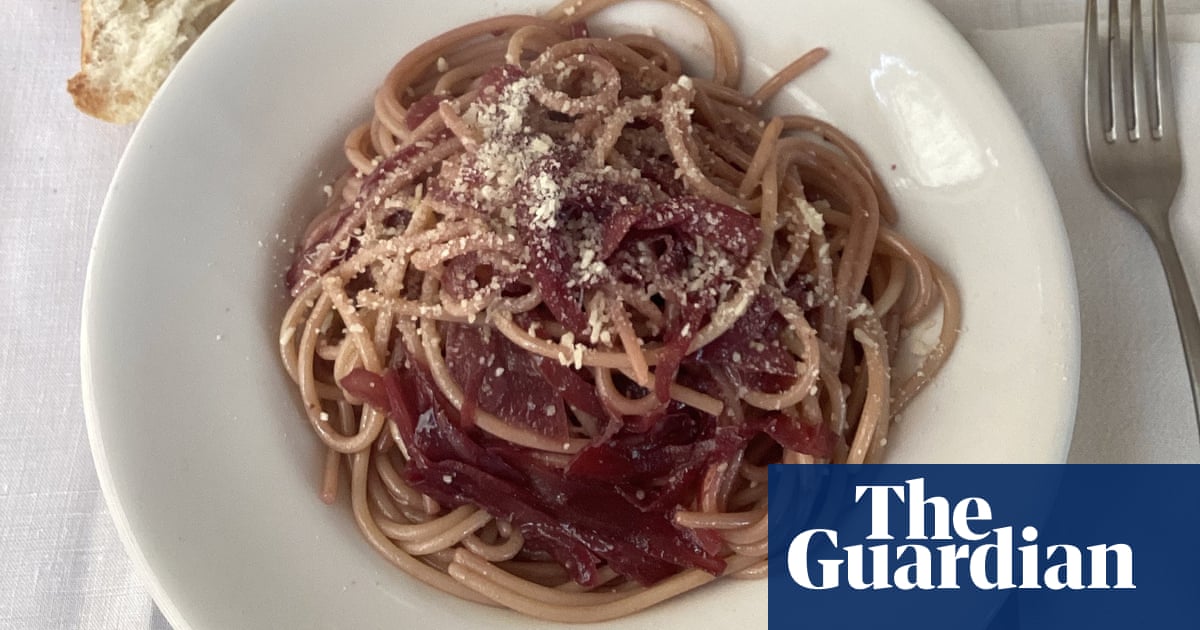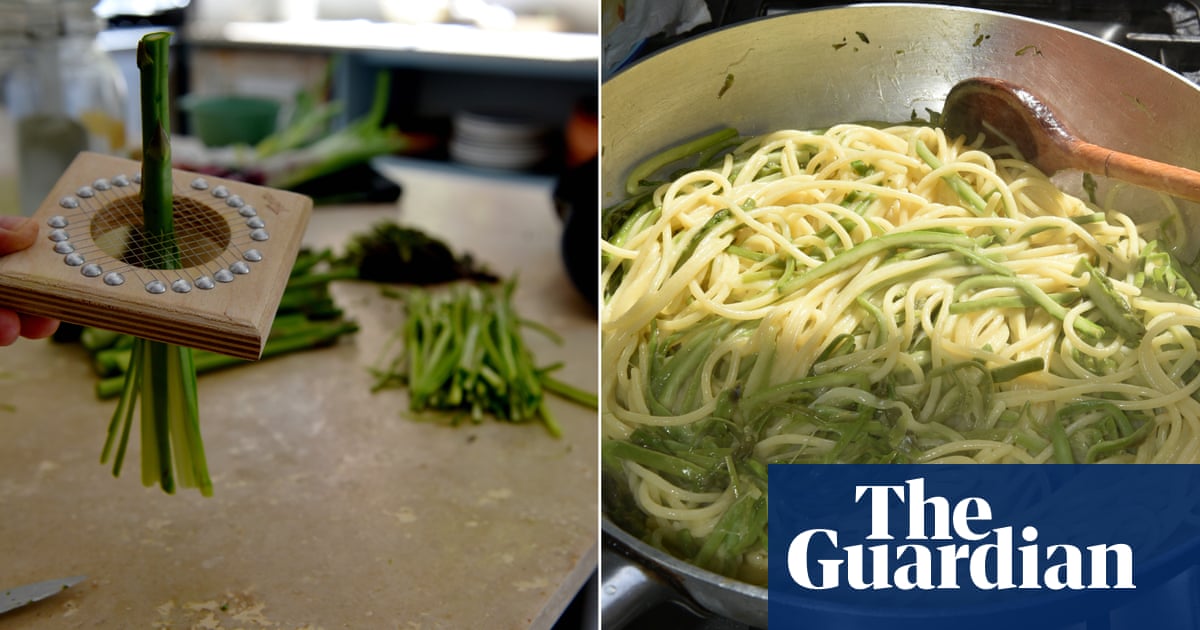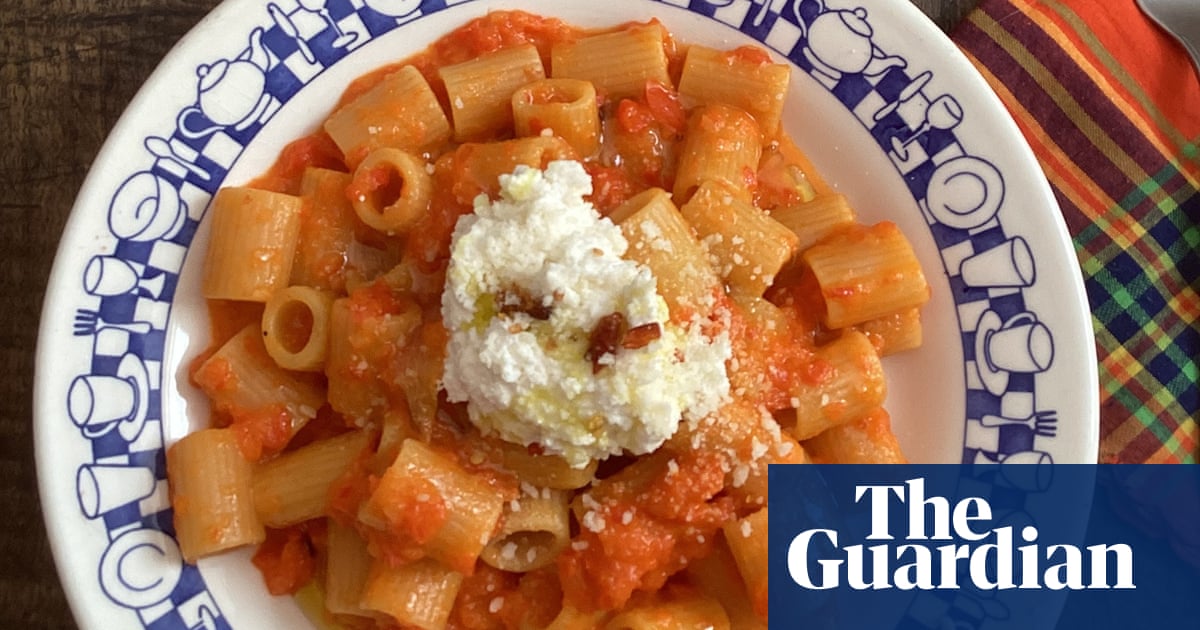
It is often 5.30am when we drive along the Via Appia Antica, on our way to Ciampino airport and usually running late. Rattling over basalt cobbles smoothed by 21 centuries of traffic, and past high, stone walls overhung with trees and hiding villas and catacombs, it feels like time travel before more travel, on the 6.50am flight.
Built in 312BC, Via Appia was the first long road constructed specifically to transport troops south, and was later extended as far as Brindisi in Puglia. After the fall of the Roman Empire, the once great consular road declined: some parts were left to go wild, others incorporated into other roads. However, sections of the ancient road, such as the stretch leaving Rome, remained an important route for people and things going in and out of the city.
One of the important things going in was wine, made for more than 21 centuries now, from grapes grown in the fertile, volcanic soil around a group of towns called Castelli Romani at the foot of the cool, enchanting Alban hills: frascati, marino, albano, genzano, grottaferrata, ariccia to name but a few. While white wines made from grapes such as malvasia and trebbiano are closely associated with this area, the immense vineyards have always produced red grapes, too: cesanese, aleatico, sangiovese, merlot and montepulciano. Cesanese in particular, which many believe to be a grape that’s indigenous to the Lazio region and named after the town of Cesano, can be wonderful, violet-coloured and tastes of black cherries, rose and juniper, and also fresh, rather than plodding. Also, bearing in mind the simplistic but effective idea that what grows together goes together, cesanese is a good match for the food of Lazio and Rome. It is also the red wine we often drink at home, so it’s what I used for today’s recipe, spaghetti ubriachi con vino rosso e cipolle, which translates as “drunk spaghetti”, although I prefer “merry” with red wine and onion.
The principle here is like Venetian onion and anchovy “salsa” in that the onion is not fried but stewed, first in butter and olive oil, then in a generous amount of wine, which reduces, leaving the onion soft, creamy and the colour of bishops’ socks. You can use red onions, but then you won’t have the satisfaction of watching the white ones change colour.
While some of the wine will evaporate, far from all of it is lost during the simmering, which is why you should cook with what you enjoy drinking. And the proportion lost can be replaced by drinking a glass. You can, of course, use any wine you like, but if you can find some, I suggest travelling to Lazio and returning with a bottle filled and merry with cesanese.
Spaghetti with red wine and onions
Prep 10 min
Cook 30 min
Serves 4
1 large onion (preferably white or brown), or a bunch of spring onions
Salt
20g butter
3 tbsp olive oil
300ml red wine, cesanese for preference
2 tbsp grated parmesan, plus extra to serve
Black pepper
450g spaghetti
Peel and trim the onion, then slice it into half-moons. (If you’re using spring onions, trim off the darkest ends, then slice the bulbs and pale green parts.)
In a large, deep frying pan for which you have a lid, melt the butter with the olive oil over a medium-low heat. Add the onion and a pinch of salt, stir, then cover and leave to cook down gently.
Once the onion is soft, add the wine and leave it to simmer for about 25 minutes, until the liquid has reduced and the consistency is creamy. Stir occasionally, and if at any point the mix seems dry, add more wine or a little warm water.
While the onions and wine are simmering, cook the pasta until al dente, then lift it directly into the onion pan and toss energetically. Add two tablespoons of grated parmesan and a few grinds of black pepper, and toss again, adding a little of the pasta water to bring everything together. Serve immediately, passing round more cheese for those who want it.












